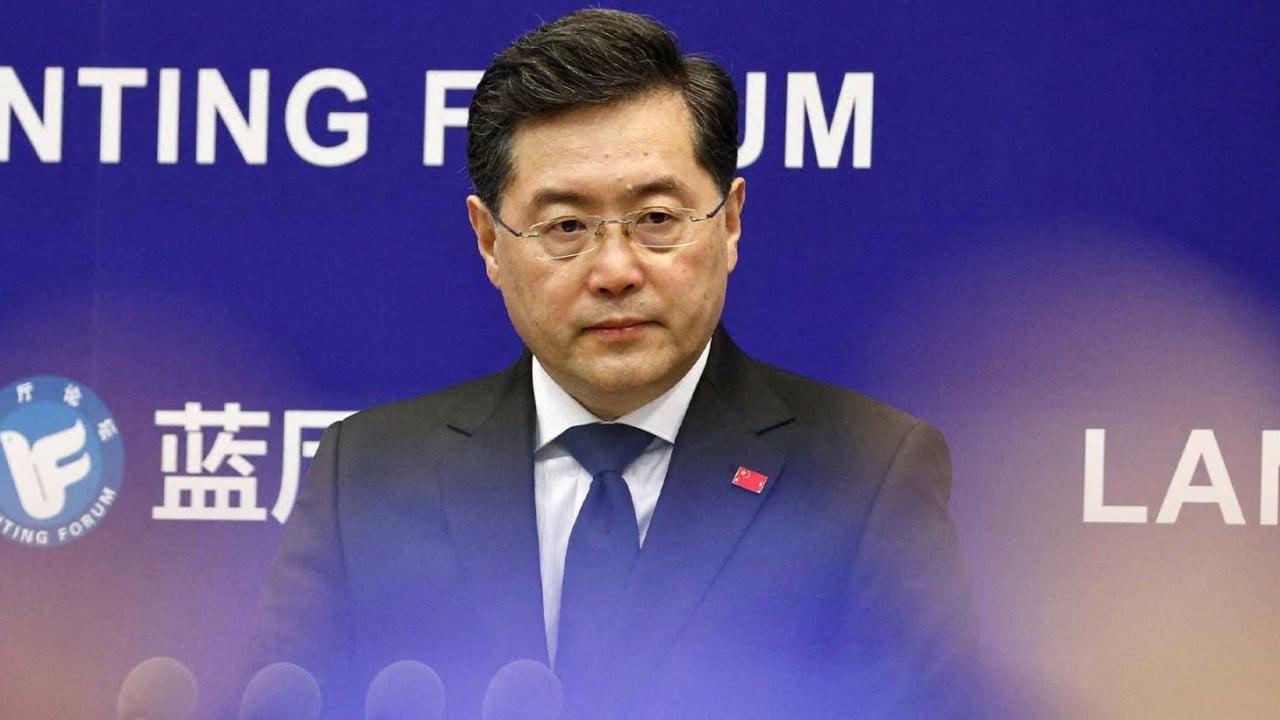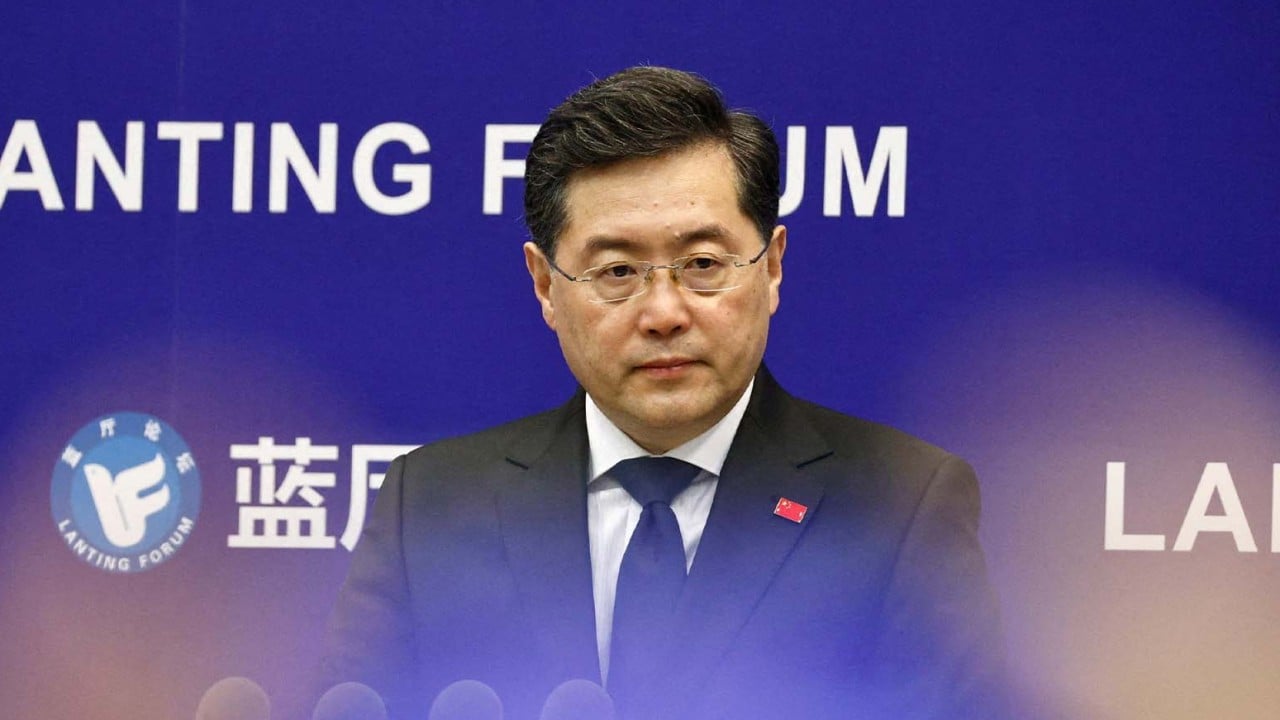
Qin also said Beijing firmly opposed and remained “highly vigilant” against recent comments by US Secretary of State Antony Blinken that a crisis across the Taiwan Strait was “not an internal matter” for China but a concern to the entire world.
Qin said: “The Chinese people have the right to ask: why does the US talk about respecting sovereignty and territorial integrity on the Ukraine issue, but does not respect China’s sovereignty and territorial integrity on the Taiwan issue?
“Why is it that while [the US] keeps talking about maintaining regional peace and stability, it secretly formulates a so-called plan to destroy Taiwan?”
Qin did not give details of the plan, but Garland Nixon, an American radio programme host, said last month that US President Joe Biden had warned about the “destruction of Taiwan”.
Taiwan’s Ministry of Foreign Affairs said such information was unverified and false.
Mainland China and Taiwan split in 1949 at the end of a civil war, when the Kuomintang was defeated by Communist Party forces and fled to Taipei. Most countries, including the US, do not recognise Taiwan as an independent state. Washington, however, opposes any attempt to take the island by force.
Qin called on the US to abide by the one-China principle and stop using the Taiwan issue to contain Beijing.
In contrast, Qin took a softer tone towards the Taiwanese, whom he said were family with the mainland.
He said Beijing would continue its best efforts to achieve peaceful reunification with the greatest sincerity, a message in line with Premier Li Keqiang’s reference in his government report on Sunday of cross-strait exchanges and creating benefits for Taiwanese.
Citing the Anti-Secession Law, Qin said Beijing, meanwhile, would reserve the option of taking all necessary measures – meaning the use of force – to bring the island back.
The real threat to peace and stability in the Taiwan Strait were “Taiwan independence” forces, Qin said, adding that the determination and ability of mainland China to defend national sovereignty and territorial integrity could not be underestimated.
Zhu Songling, a professor at the Institute of Taiwan Studies at Beijing Union University, said Qin’s remarks showed Beijing’s position was “consistent” over Taiwan issues.
He said the comments were in response to increasing provocations by the US and Taiwan, including a bill recently passed by the US to boost security aid to the island.
“Therefore, Qin Gang’s citing of the constitution and the Anti-Secession Law not only means reiterating the Chinese government’s position but also uses China’s constitutional provisions to clarify the nature of the Taiwan issue, explaining that it is China’s internal affair,” Zhu said.


